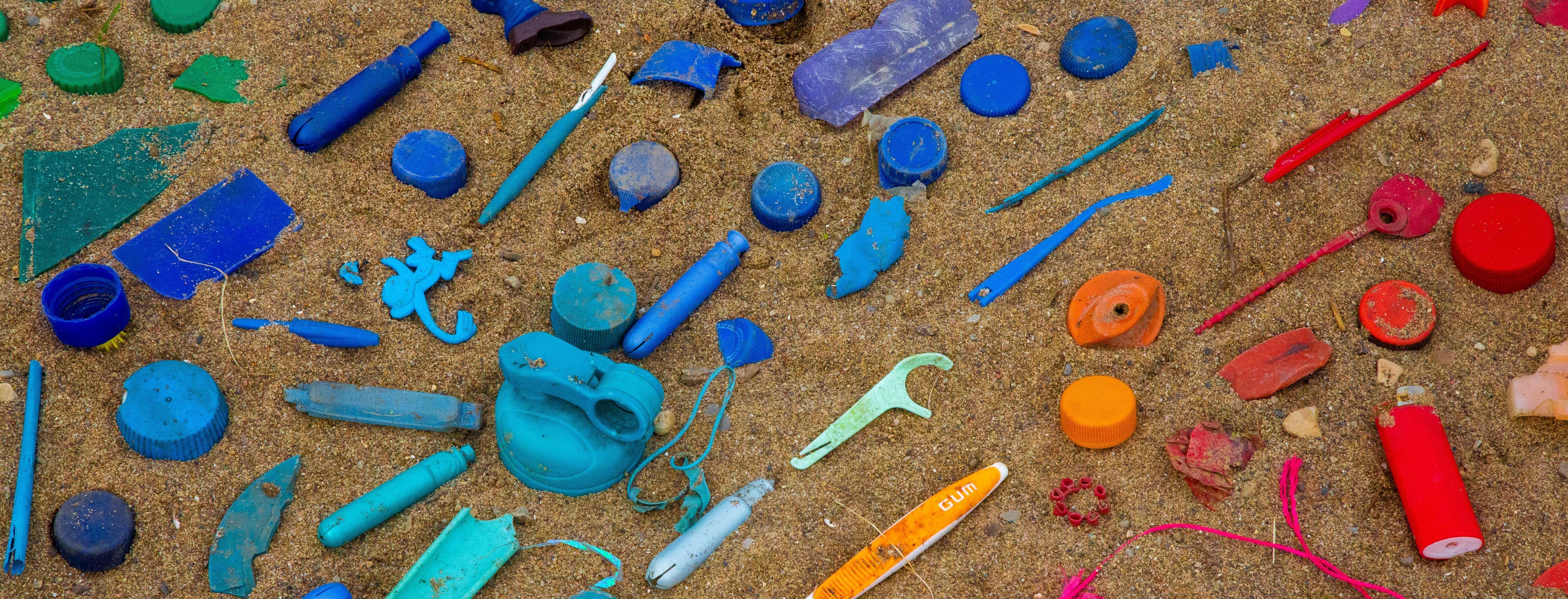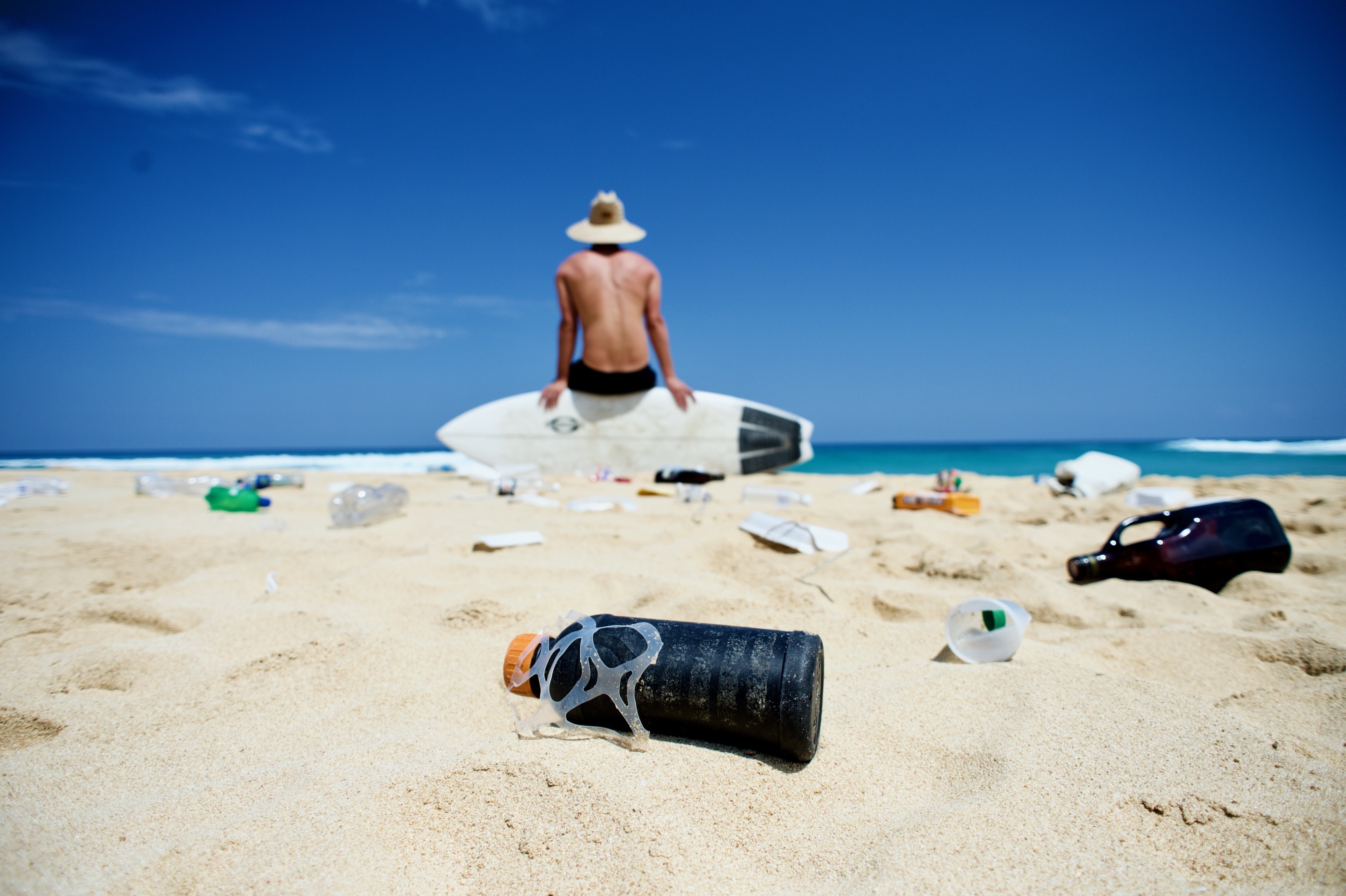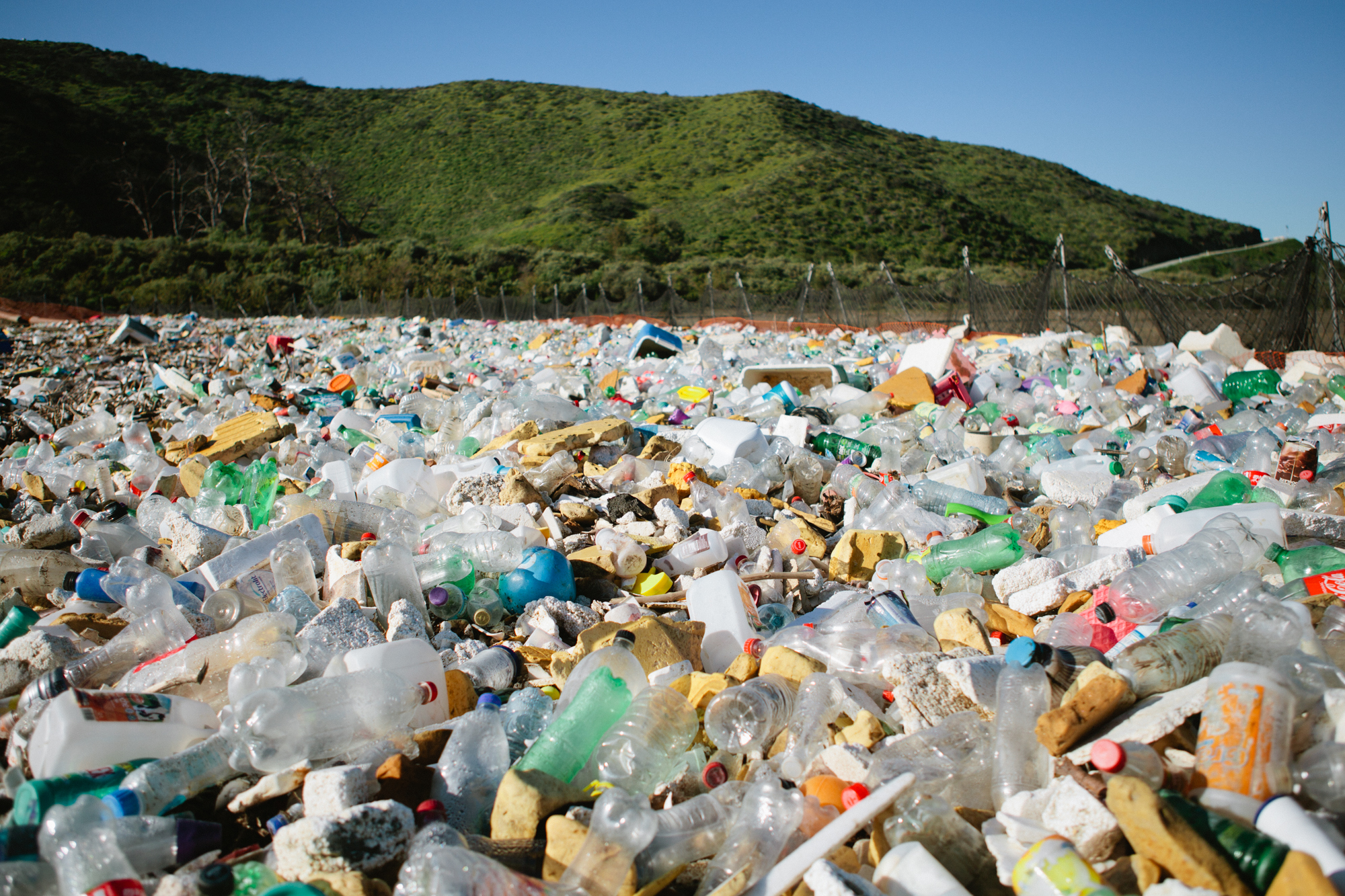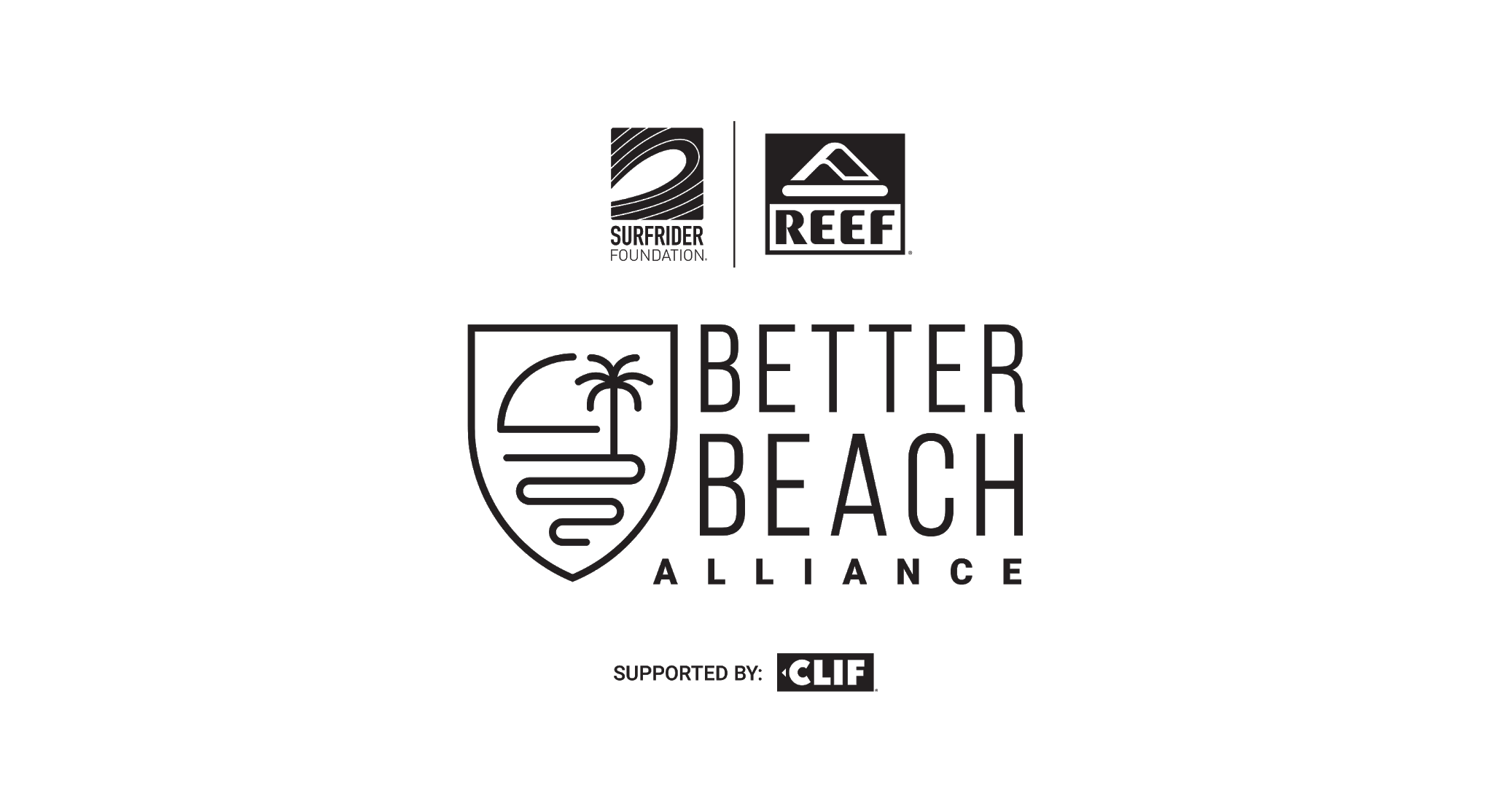
As co-founders of the Better Beach Alliance, REEF has sponsored the Surfrider Foundation’s national Beach Cleanup program since 2018. In 2020, despite its challenges—from limits on group gatherings and beach closures, to increased amounts of hazardous waste— Surfrider’s incredible network of volunteers and activists still managed to make some incredible impacts for our ocean and coasts. By finding creative ways to continue getting out and cleaning their local beaches, lakes and neighborhoods, chapters and individuals were able to expand the positive impacts of cleanups to areas previously not included. Together, across 922 solo and small group cleanups, 8,836 volunteers removed over 80,000 pounds of trash and recycling, to ultimately reduce the flow of plastic pollution into our ocean.

Year after year, first on the list of the most commonly found items at beach cleanups are cigarette butts. In 2020 alone, Surfrider volunteers found and removed over 75,000 cigarette butts from U.S. beaches and waterways. To put that number into perspective, imagine going to the beach every day for a year and dumping out 205 cigarette butts. Cigarette butts can retain harmful chemicals such as nicotine, arsenic and formaldehyde, and the filters they contain are made from plastic, which does not biodegrade. Instead, cigarette butts littered on city streets and directly into the natural environment break down into smaller and smaller pieces of plastic, ultimately contributing to the microplastic pollution crisis in our ocean.
The next most common items found were plastic and foam fragments, with a total of over 150,000 fragments found last year. That means that almost 25% of all items collected during cleanups in 2020 were plastic and foam fragments. This data helps to paint a picture of what is happening in our communities and highlights areas of concern. Surfrider can then direct our legislative efforts towards these areas and work to address the plastic pollution crisis.
Last year, in an effort to better understand the impacts of COVID on our beaches and waterways, Surfrider also started collecting data on personal protective equipment, also known as PPE, found at cleanups, beginning in June of 2020. In just six months from June through December, over 2,270 single-use masks and gloves were removed from beaches and waterways, indicating that these items have become a significant source of pollution. While these items are necessary and life-saving, we can all help ensure that single-use PPE is properly disposed of after use, and consider opting for reusable PPE if or where appropriate.

Thanks to enduring support from REEF and CLIF Bar, we plan to keep the cleanup momentum going in 2021— but we need your help! This year, the Better Beach Alliance aims to engage 30,000 volunteers to collect 200,000 pounds of trash and recycling at 1000 cleanups. We will work to meet these goals through technical updates to our cleanup program including data collection apps and user-friendly updates to the beach cleanup database. We will continue to push for solo and small group cleanups, to help educate and inspire volunteers near and far from the coast. By engaging our network to get out and clean not only the beach, but also riverbeds, lakeshores and neighborhoods, we can broaden our impact to reach all communities, for all people. The Surfrider Foundation and our community of citizen scientists will continue to rise to the challenge and combat plastic pollution, one cleanup at a time.
You can download your own data collection card, host your own cleanup with members of your household (or just pick up trash on your morning beach or lakeside walk!) and report it to Surfrider’s data portal to help us identify and address sources of pollution while cleaning up your own community.
Join the DIY cleanup movement by:
- Downloading your Surfrider data card here
- Heading out to your local beach or waterway, holding your cleanup, and recording your findings as you go using the data card
- Registering and recording your data in Surfrider’s portal here
For more information on safely holding your own cleanup, check out Surfrider’s Beach Cleanup Activist Guide here.
Learn more about REEF’s commitment to the Better Beach Alliance here on REEF's website.

